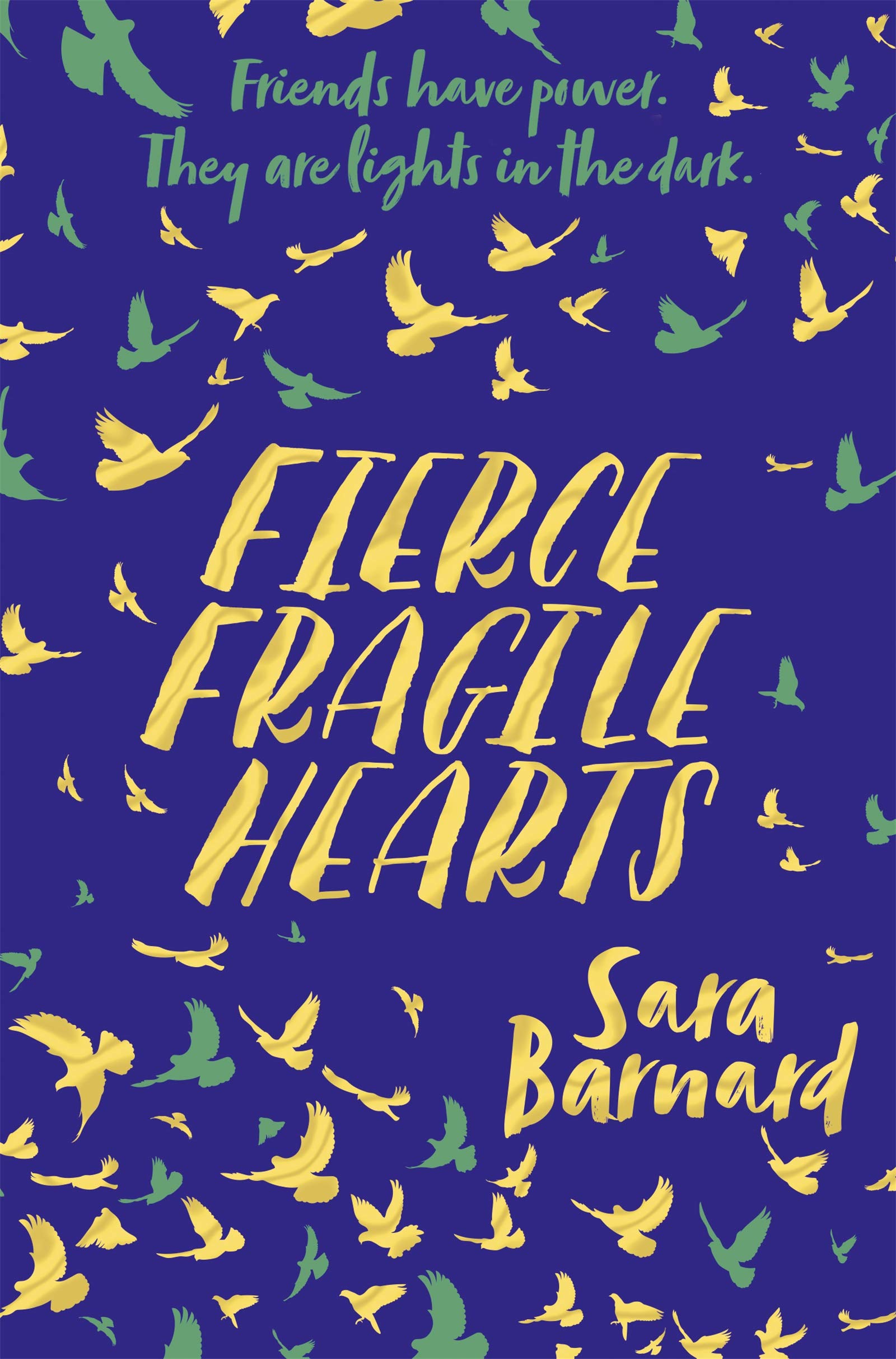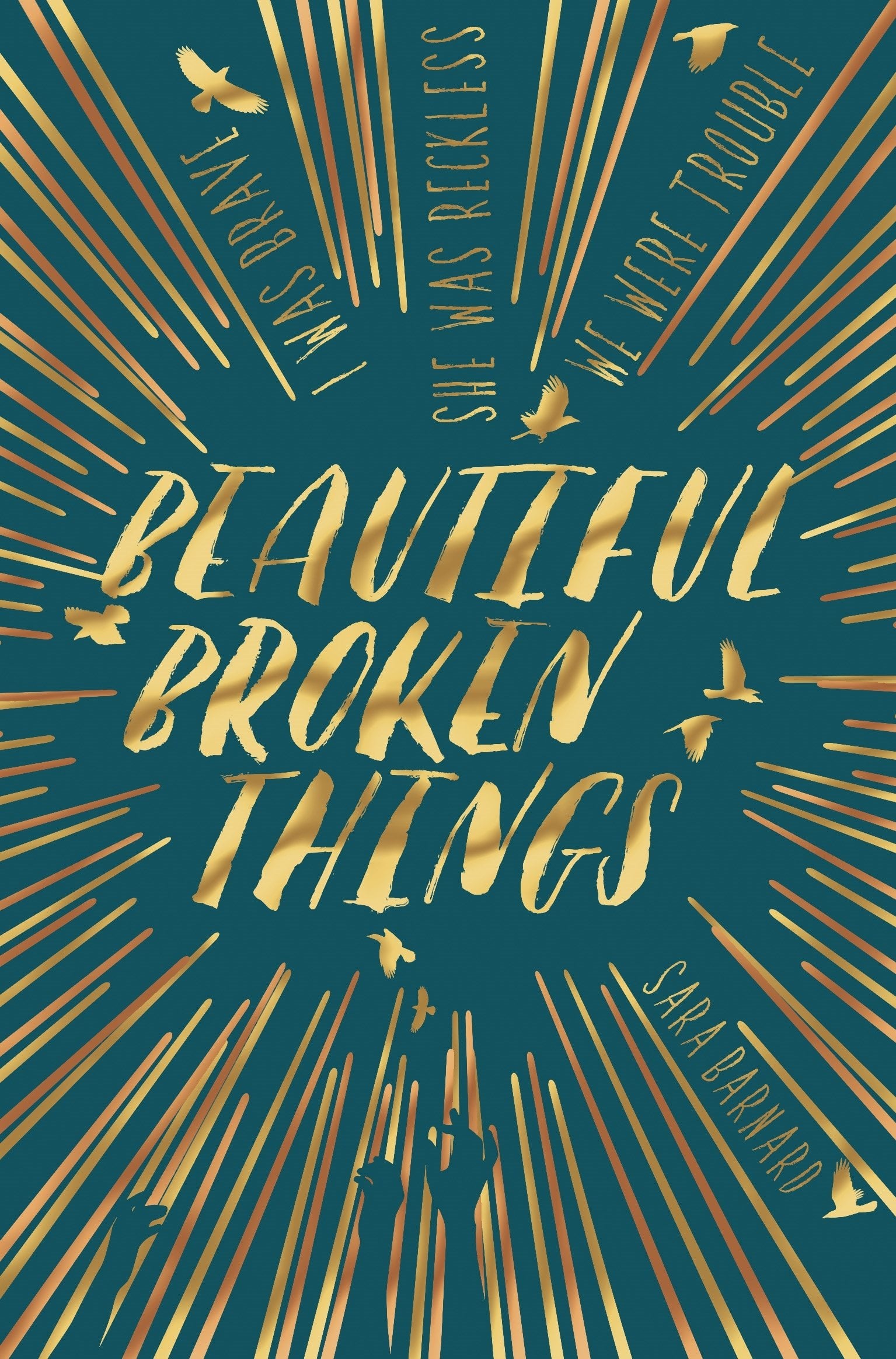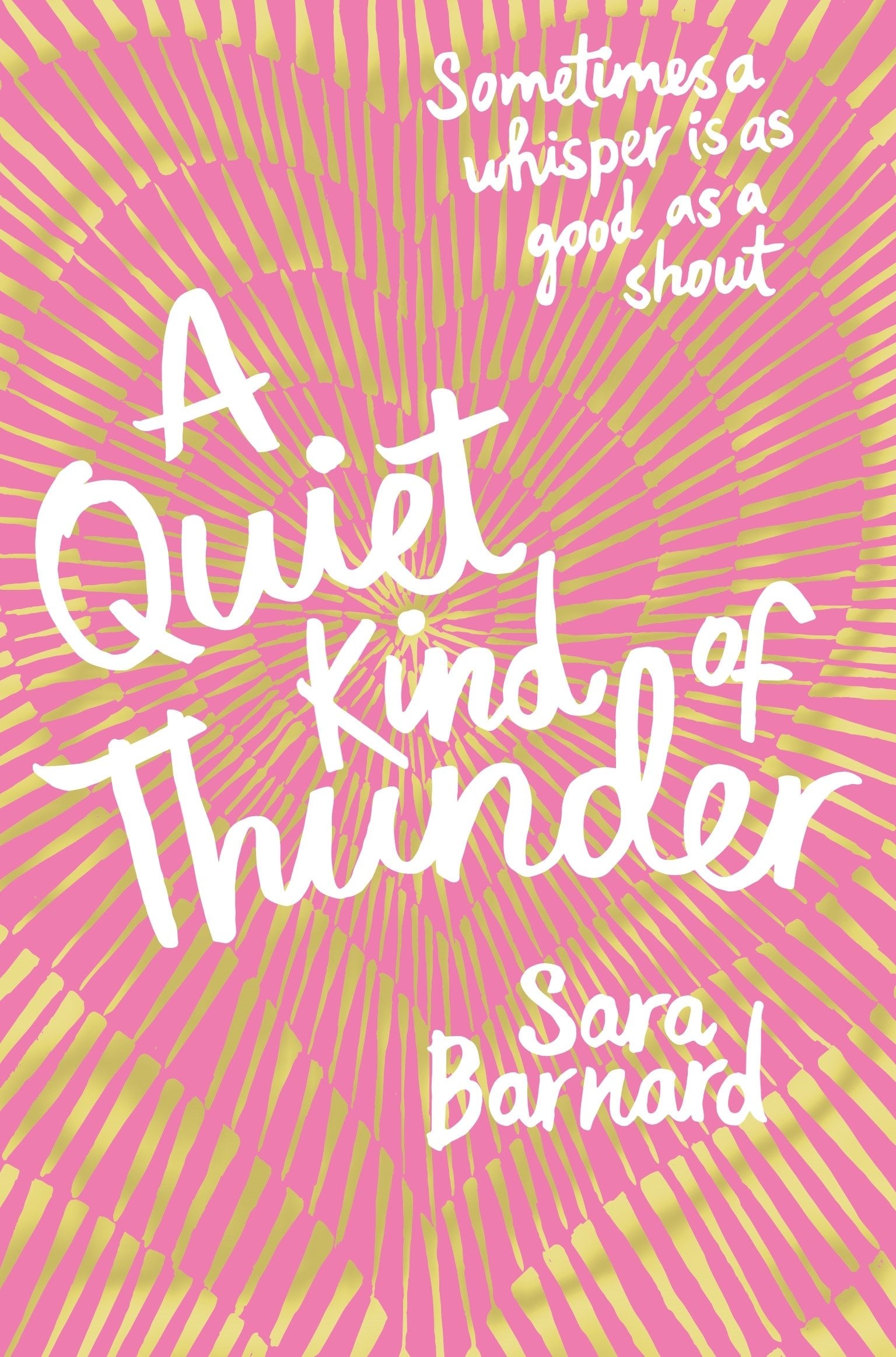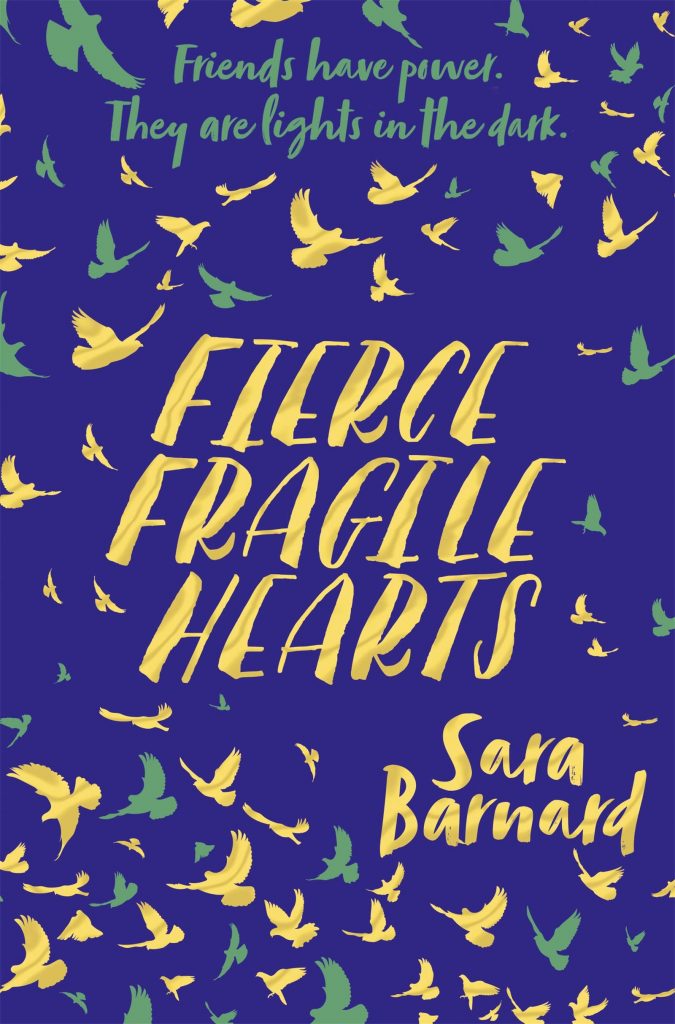Sara Barnard, author of Goodbye Perfect and The Quiet Kind of Thunder joins Sarah Farrell to talk about her new book Fierce Fragile Hearts, which is a sequel to Beautiful Broken Things…
In the book, Suze is continually drawn to Brighton, even realising at the end that it is where she is meant to be. What was it about Brighton that made you choose it to have such a pull for her?
What Suzanne is really looking for is some sense of stability and home (basically, family), and Brighton is the only place she’s ever had anything like that. Also, on a practical level, she goes back because she doesn’t really have any other option – there’s actually not an alternative for her. But that’s how she realises that that is where her support network is, and that’s what makes all the difference. If Brighton didn’t have Caddy, Rosie and Sarah in it, it wouldn’t be the haven it is for her.
Suze, Rosie and Caddy are all experiencing independence for the first time, either at university or living alone. What was your first taste of independence like?
Not as dramatic! I went to university, which meant I was eased into independence – there’s a kind of safety net to being a student. It’s like an adulthood halfway house. I was very aware of that when I was writing Suzanne’s experience, and what it would be like to see her friends experiencing it that way while she was forced to do it all alone.

I really like that you chose to have song titles as the names of chapters. How did you go about selecting the songs?
It took a long time and it was quite difficult for some of the chapters, but I had a great time doing it. There were some chapters where I knew from the time I was writing the first draft what the corresponding songs would be (Vance Joy and Secret Nation were two of them) but there were others that took longer to choose. Happiness Is Not A Place by the Wind and the Wave was the final edit I made on the entire book – I had to email my editor and beg to get it in under the wire! I wanted the songs to fit the chapters either in tone or content, so it would be like a playlist for the book as a whole. Music is so important to Suzanne, so it made sense for the story to do it, as well as being a fun task for me.
Music is very important to several of the characters in the story, from playing the violin professionally, to tinkering around on a battered, old guitar. How do you feel about music and have you ever learned to play an instrument?
Music is incredibly important to me and is part of the fabric of my childhood and my life. My dad is a great lover of music of all kinds, and my mum played the piano and lots of percussion instruments. I played the violin, piano and clarinet when I was younger but gave them up in my early teens, which is something I regret a lot – especially the piano.
Although she’s not a fan of cats, Suze loves Henry Gale and adores her neighbour’s dog, Clarence. Important question- are you a cat or a dog person?
I’m a dog person, but I have a cat who owns my heart.
Throughout the book, Suze struggles with having a relationship with her parents after the abuse that she suffered. What advice would you give to teenagers who have had a difficult childhood?
That they don’t owe anything to the people who have let them down, even if they are “family”. They deserve to have people around them who love and respect them. It is OK to struggle if you’ve had a difficult childhood, and to hurt. It can take a long time to come to terms with what has happened, and that’s OK, too. There’s no need to rush recovery.
What is the main message that you would hope readers would take from reading Fierce Fragile Hearts?
Probably that there is always hope, and that it is the people you meet in life that make all the difference. There are so many different types of love out there, and that’s what makes life worth it, even when it’s really hard.
Your book touches on a number of sensitive subjects, such as abuse, grief and substance abuse in a very clever and thoughtful way. What was your inspiration for the subject matter?
For this book, it really came from Suzanne and trying to see the what the world would look like through her eyes and in her circumstances. She’s in quite an unusual position for an eighteen year old and has had experiences that not many young people have had. So rather than come to the book thinking “this is going to be a book about abuse” it was more, “this is a book about Suzanne, who has experienced abuse”. If that makes sense!
Friendship is very key to this story, with long-lasting childhood friendships, unlikely friendships and new friendships. Did you draw inspiration from any of your real-life friendships when creating the characters and their relationships?
Not consciously, but I’m sure it all comes through in some way, at least in that sense of love and loyalty you have towards your best friends.
Throughout the book, Suze pushes those close to her away when things get tough and finds it hard to express how she feels. How easy or difficult was it to create a character geared towards self-destruction?
It could be frustrating because of course you want her to make the right decisions and say the right thing so she can be safe and happy, but that’s not the way her character works! Everything always had to be about how she would respond to certain situations, which was never how I would personally respond. It’s important to always understand why she is behaving in a certain way, why closing herself off makes sense to her when the obvious thing to do is to seek comfort in her friends, who so obviously love and care for her.

In Beautiful Broken Things, we see Rosie, Caddy and Suze become friends and learn about Suze’s abuse and now in Fierce Fragile Hearts we see her finally becoming strong enough to deal with it and move on with her life, with their help. Will she appear in your next book or do you think her story has been told?
I think I’ve left her in a good place at the end of Fierce Fragile Hearts, so I’d have to be sure the story was right if I was going to revisit her again. She’ll always be a fascinating character to me, and my favourite to write, so I wouldn’t say it’s a definite no forever!



